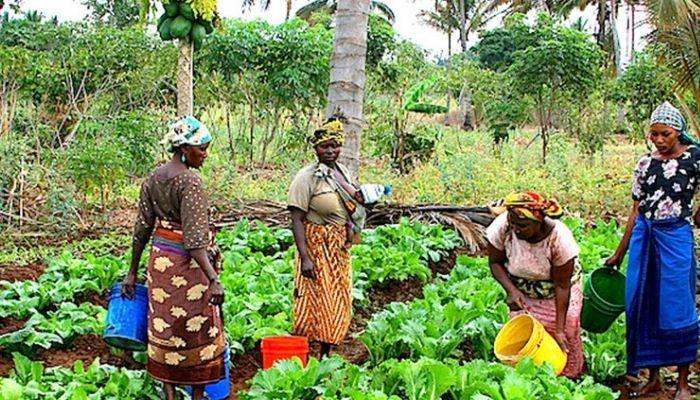The Small-Scale Women Farmers Organisation in Nigeria (SWOFON), says Gender-Based Violence (GBV) significantly disrupts the farming schedules of women in Nigeria.
The Federal Capital Territory (FCT) Coordinator of SWOFON, Mrs Comfort Sunday said this at a news conference on Monday in Abuja.
Sunday said many women farmers had experienced physical violence, sexual harassment, and emotional abuse, often within their homes, communities, and workplaces.
”This leads to diminished mental health, reduced productivity, and in severe cases, abandonment of farming altogether.
“GBV limits women’s access to resources such as land, credit, and inputs.
“It restricts their ability to participate in training programmes or access markets, further entrenching poverty and inequality,” she said.
Sunday said that due to fear of stigma and retaliation, women often refrained from advocating for their rights or participating in community decision-making processes.
” This loss of voice hinders progress for themselves and their communities,” she said.
According to her, violence disrupts planting and harvesting schedules and diverts resources away from productive use to address the consequences of abuse, including medical costs and legal proceedings.
The coordinator said that addressing GBV and its impact on smallholder women farmers required a coordinated and multi-sectoral approach.
She called for the strengthening of support systems through establishment of accessible reporting mechanisms, legal aid, and psychosocial support services tailored towards rural women.
“Tackling gender-based violence is not just a moral imperative; it is essential for achieving food security, economic growth, and sustainable development.
“By empowering smallholder women farmers and protecting them from GBV, SWOFON can unlock their full potential and build stronger, more resilient communities,” she said.
She urged all stakeholders, including government, civil society, private sector, and individuals to join in the fight.
NAN


